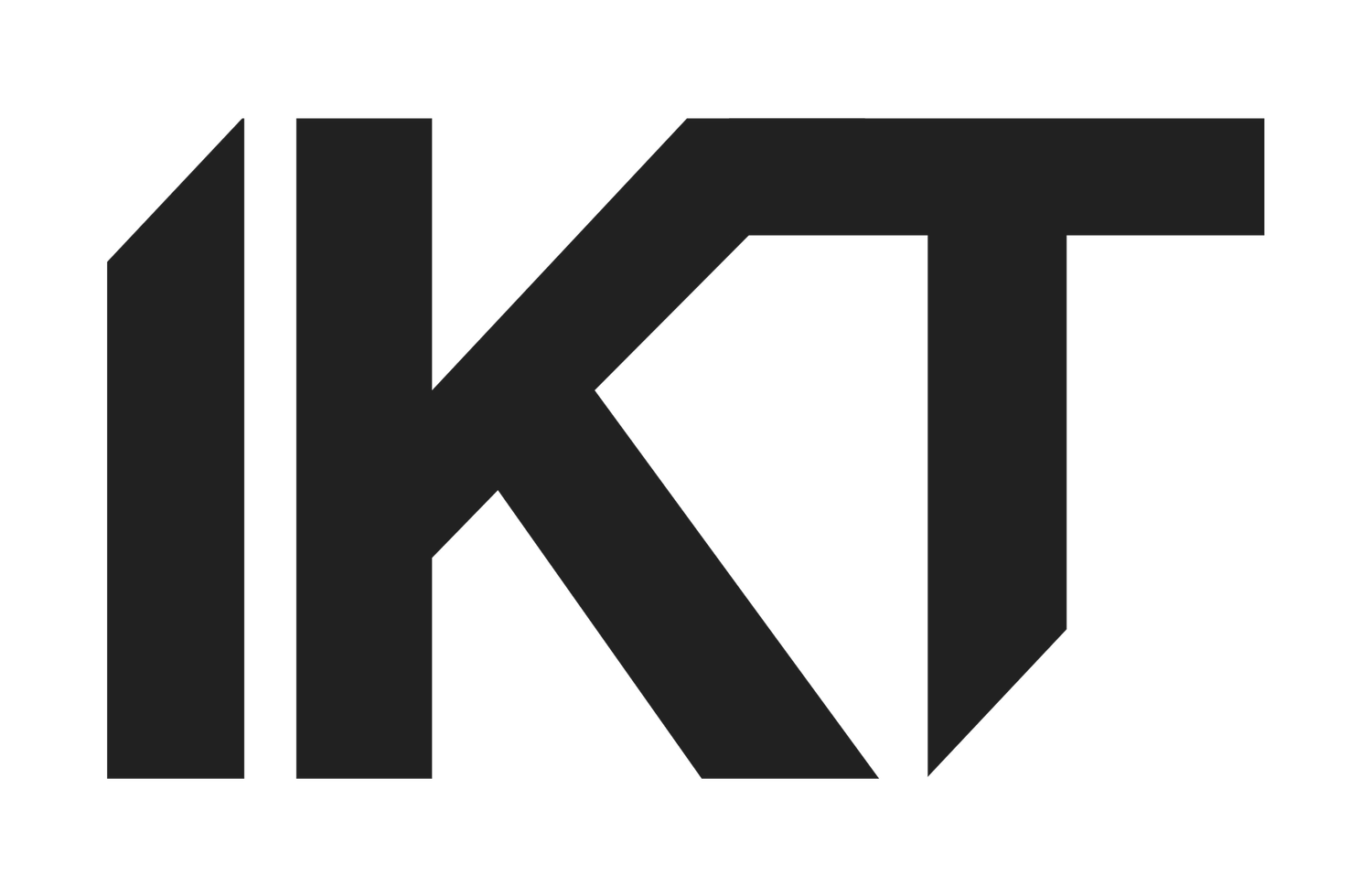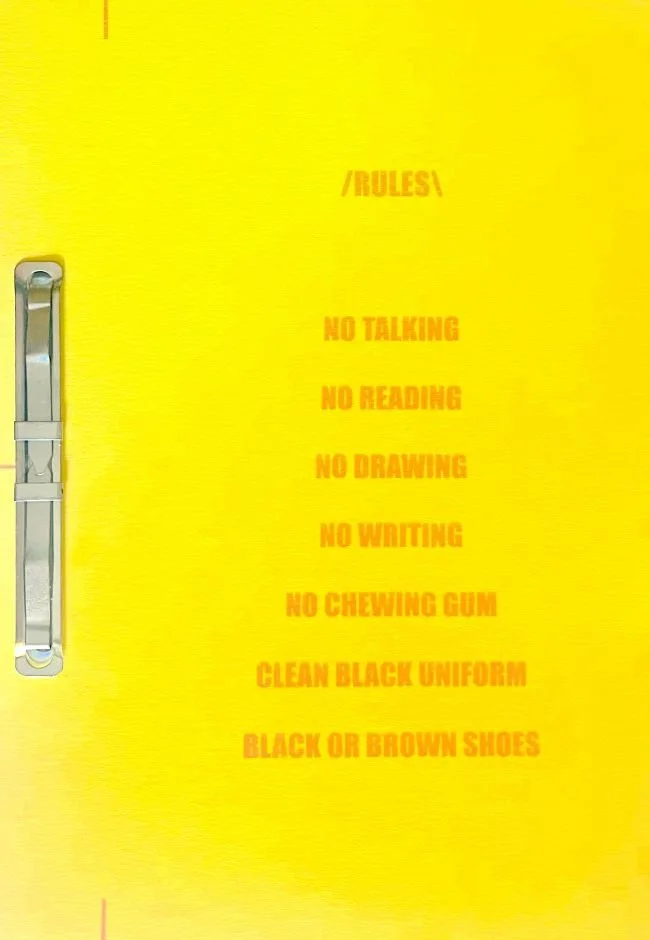Informal Art
Open Call for Papers and Artistic Contributions
Global Informality in the Arts
15-16 January 2026, UCL and Pushkin House, London
The Global Informality Project invites submissions for the Global Informality in the Arts conference, to be held at University College London (UCL) and Pushkin House, London, 15-16 January 2026. This conference will examine the role of informality in artistic media, practices, creative labour, and cultural production. It will bring together artists, academics, and cultural practitioners to explore how informal networks, unwritten rules, and hidden practices shape cultural production across different contexts.
At the same time, the accompanying exhibition 'The Impossible Encyclopaedia: Informality in the Arts', Pushkin House (January-February 2026, dates TBC), will showcase the artworks already realised that challenge conventional categorisation, exploring themes of decolonisation, visibility/invisibility, subversion, resistance, post-humanity, self-care and environmental care, among others.
The conference and exhibition are organised as part of the interdisciplinary research initiative, Global Informality Project, led by the FRINGE Centre with support from the UCL School of Slavonic and East European Studies. Since 2014, the project has explored the social and cultural complexity of informal practices worldwide, culminating in the publication of three volumes of The Global Encyclopaedia of Informality (UCL Press, 2018, 2024). All accepted papers could be included in Volume 4.
We welcome proposals for papers and artistic contributions to the following panels: Patterns of Informal Power; Informality and Creative Labour; Lecture Performance and the Edges of Performative Informality; (Secret) Art in the Workplace; Protest Art and Informality; Visibility/Invisibility; Collecting as Art. The conference will take place in a hybrid format, allowing for both face-to-face and online participation. The conference will be held in a hybrid format, allowing for both face-to-face and online participation. However, recognising the limitations of rigid categorisation, we also encourage submissions that make a meaningful contribution to the planned volume of The Global Encyclopaedia of Informality: Informal Art.
Themes and panels:
Patterns of Informal Power This panel is an invitation to explore the invisible and immeasurable dimensions of informal power – the deep structures often associated with open secrets, unwritten rules, and hidden practices, collected from around the world and published in three volumes of The Global Encyclopaedia of Informality (UCL Press, 2018, 2024).
We aim to address the complex, anonymous, unpredictable, and seemingly irrational nature of informal power, which serves to hold society together, distribute resources, and mobilise people; and above all, to control and co-opt to ensure its own reproduction. Each contributor of a paper, art or performance is invited to capture, visualise, or reflect on patterns of complexity and ambivalence (doublethink, double motivation, double-deed, and double standards) among others.
For more information on how informal power works, see www.alenaledeneva.com/art.
Informality and Creative Labour
Informality is deeply intertwined with creative labour, manifesting both in the precarious conditions of cultural work and in the networks of support, collective resilience and collaborative action that sustain it (Alacovska 2018).
This panel takes a transnational perspective on informality in cultural production, bringing together diverse perspectives on how informal labour practices simultaneously challenge and sustain creative work. Panellists will explore issues ranging from the insecurity and precariousness of cultural employment to the forms of collaboration that emerge within creative ecosystems. Examining these dynamics in different contexts will shed light on the sometimes hidden social infrastructures associated with creative work.
Lecture Performance and the Edges of Performative Informality
Lecture performance is perhaps the most misunderstood and liminal medium in contemporary art. It can be likened to the metaphorical 'Bermuda Triangle' between experimental theatre, artistic performance and academic lecture. Museums and other 'formal' institutions have traditionally struggled with the disciplinary nature of the medium.
This panel will address the conceptual challenges of categorisation, museology and artistic framing of lecture performance as an exciting medium that thrives on informality.
The Lecture Performance Archive project will serve as a reference point and documentation site for the panel's interventions - https://linktr.ee/lparchive.
(Secret) Art in the Workplace
The workplace is a hierarchical site of constraints, competing motivations and performances. In response, workplaces are often also sites of informal tactical resistance and subversion by workers. These practices are covert (and sometimes deliberately overlooked) tactics that can result in unsanctioned spaces and moments of worker agency.
This panel explores how such workplace actions sometimes produce art - whether through artworks that use agency-producing tactics, covert artistic practices that take place in the workplace, practices that (mis)use aspects of the artist's daily work, or artworks that share the spirit of informal, ad hoc responses to restrictions.
We welcome submissions from researchers working on art-in-work issues as well as from artists working under these conditions. Contributions may include panel participation, short paper presentations, or submissions of completed artworks for inclusion in the accompanying exhibition at Pushkin House.
Protest Art and Informality
Political or protest art often focuses on political crimes and illegalities - the repression of peaceful protests, the illegal shadow surveillance of citizens, and corruption at all levels. This panel invites scholars, artists and art practitioners to think collectively and creatively about the workings of informal powers that give meaning and often normalisation to political crimes - from corruption and nepotism to violent and illegal crackdowns on dissent. How did artists of the past think about informal power in both democracies and autocracies? What kind of visual languages and pictorial or performative critiques emerge in artistic fields when artists think about, with or against informality and its pervasive practices? Can we collectively propose a conceptual tool to explain artistic re-evaluations and explorations of informality in the grand political but also the mundane everyday? Can we draw artistic and performative conclusions about similar or different approaches to representing and critiquing informality in protest art?
Visibility/Invisibility
Visibility is never neutral. It is shaped by power, by apparatuses that range from satellites and surveillance systems to the movement of a cursor and the gaze of an eye. In our daily lives, telepresence – especially videoconferencing – has become an informal yet deeply structured practice of being seen and unseen. This panel explores the artistic tactics that emerge within these conditions: the ways in which visibility is negotiated, erased, or subverted. How do informal gestures – glitches, distortions, refusals – reshape what can and cannot be seen? How does the act of looking become a form of governance, and how can it be disrupted? What are the sanctions of the visual, the thresholds beyond which visibility becomes exposure, risk, or disappearance?
Submission guidelines:
We welcome submissions from scholars, artists, and practitioners working on the themes outlined above.
Deadline for abstract submissions: 1 September 2025
Abstract length: 250-300 words
Formats accepted: Papers (15-20 minutes), lecture performances, artistic interventions, and completed artworks (please include photos or websites for exhibition consideration)
Submission email: informalart2024@gmail.com.
Submissions should include the title of the proposed paper or artistic contribution, an abstract, a short biography (150 words), and whether the participant intends to present in person or online.

